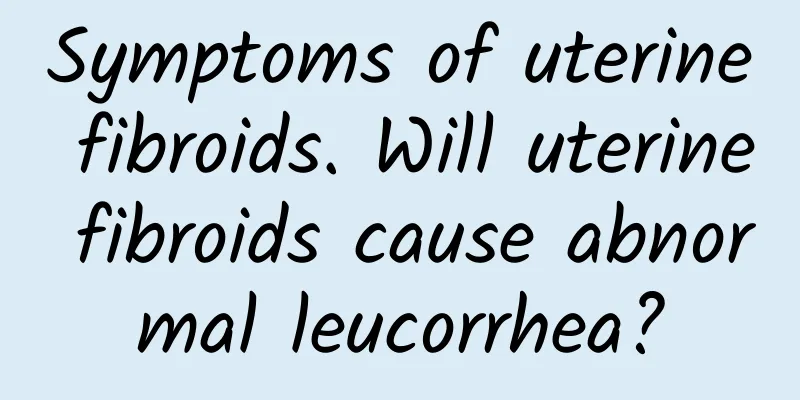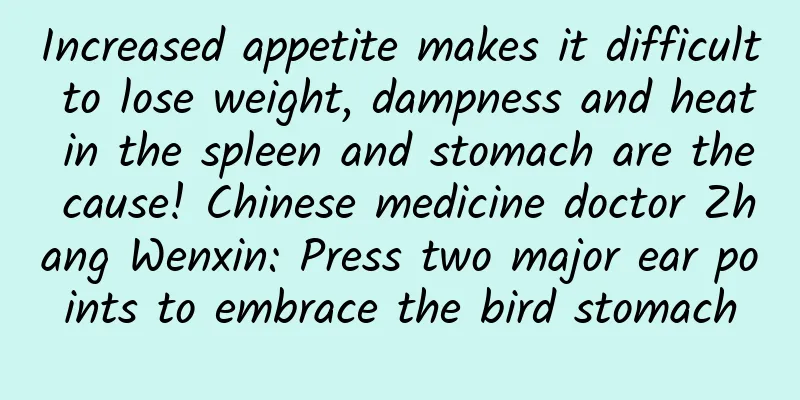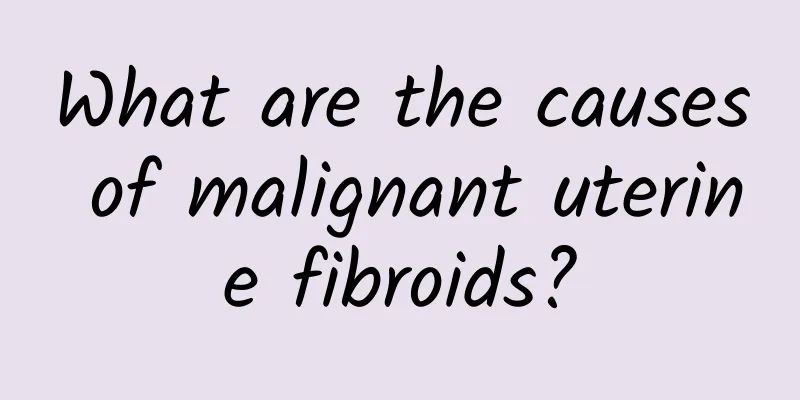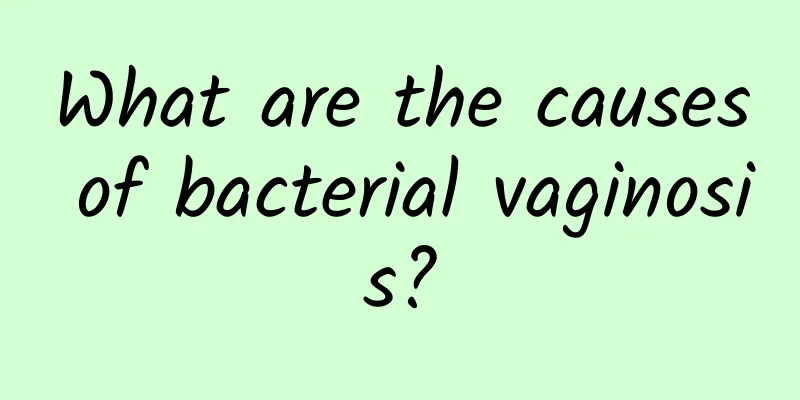What nutrients does subserosal uterine fibroids lack? What medicine is good for subserosal uterine fibroids?
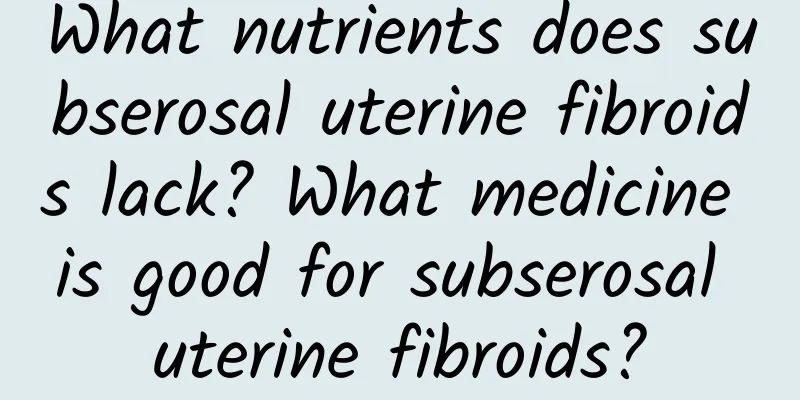
|
What nutrients are lacking for subserosal uterine fibroids? What medicine is good for subserosal uterine fibroids? Subserosal uterine fibroids are a common benign tumor in gynecology. Their occurrence is closely related to the body's nutritional status. Therefore, it is very important for patients to understand what nutrients are lacking in subserosal uterine fibroids and the appropriate drug treatment plan for their recovery. This article will introduce the nutrients required for subserosal uterine fibroids from a nutritional perspective, as well as some commonly used drug treatment recommendations. Paragraph 1: Nutritional Requirements Analysis The growth of subserosal uterine fibroids is closely related to the level of estrogen, so gynecological experts generally recommend that patients should pay attention to adjusting the estrogen level in the body. In addition, subserosal uterine fibroids are also related to vascular and immune dysfunction, so nutritional needs should take these factors into consideration. Paragraph 2: Vitamin D Studies have found that there is a certain correlation between vitamin D deficiency and the occurrence and development of subserosal uterine fibroids. Vitamin D can inhibit the growth of fibroid cells, improve the function of the immune system, and reduce the volume of the tumor. Therefore, patients should increase the intake of foods rich in vitamin D in their diet, such as fish, egg yolks, and milk. Section 3: Dietary Fiber Dietary fiber is also particularly important for patients with subserosal uterine fibroids because it can help eliminate excess estrogen in the body. In addition, dietary fiber can promote intestinal peristalsis and reduce the discomfort of fibroids to the body. Foods rich in dietary fiber include oats, whole wheat bread, beans, etc. Paragraph 4: Medication recommendations For the drug treatment of subserosal uterine fibroids, it is also crucial to choose the right drug. Commonly used drug treatments include Chinese medicine and Western medicine. In Chinese medicine, anti-inflammatory and blood-activating herbs can effectively alleviate tumor symptoms. In Western medicine, some anti-hormone drugs can inhibit the synthesis and secretion of estrogen, thereby reducing the volume of the tumor. At the same time, the individual's physical condition will also affect the choice of drug, so treatment must be carried out under the guidance of a professional doctor. Section 5: General Management In addition to reasonable adjustment of diet and drug treatment, patients with subserosal uterine fibroids should also take comprehensive management in their daily lives, such as maintaining good living habits, exercising moderately, reducing mental stress, etc. These measures can improve the body's immunity and promote recovery. Summarize: Subserosal uterine fibroids are a common gynecological disease, and patients need to pay attention to their own nutritional intake. Supplementing with appropriate vitamin D and dietary fiber can reduce the discomfort caused by the tumor. In addition, under the guidance of a professional doctor, rationally choosing drug treatment and comprehensively managing the individual's physical condition will help recovery. |
Recommend
Medication issues for patients with bacterial vaginosis
Bacterial vaginosis is a word that makes women fe...
Beware of vaginitis when sleeping naked in summer
The hot summer is particularly caring for bacteri...
Experts show you how to detect cervical erosion
Due to the rapid development of society, many wom...
What is vulvar itching?
Many women with vulvar pruritus will scratch with...
Patients with dysmenorrhea must understand its conditioning methods
Women always experience dysmenorrhea during their...
How does vulvar leukoplakia occur?
The disease of vulvar leukoplakia makes women fro...
Experts explain the precautions for treating Trichomonas vaginitis
Trichomonas vaginitis is a very harmful gynecolog...
What are the symptoms of miscarriage and how to prevent it?
Symptoms of miscarriage include abdominal pain, v...
Will multiple uterine fibroids cause infertility? Will multiple uterine fibroids cause miscarriage?
Uterine fibroids are the most common tumors in th...
Is it serious to have a small uterine fibroid? How to use medicine for uterine fibroids
Uterine fibroids are a common gynecological disea...
Let's take a look at the methods for diagnosing cervical hypertrophy
Women need to pay attention to the disease of cer...
Patients with vulvar leukoplakia should pay attention to care
Vulvar leukoplakia is a female disease. Many pati...
What are the transmission routes of Trichomonas vaginitis?
For an infectious disease to spread, there must b...
Beware! What symptoms are signs of ectopic pregnancy?
Ectopic pregnancy is a common gynecological disea...
What is the effect of beauty treatment on uterine fibroids? Can uterine fibroids be cured by beauty treatment in a beauty salon?
What is the effect of beauty treatment on uterine...




